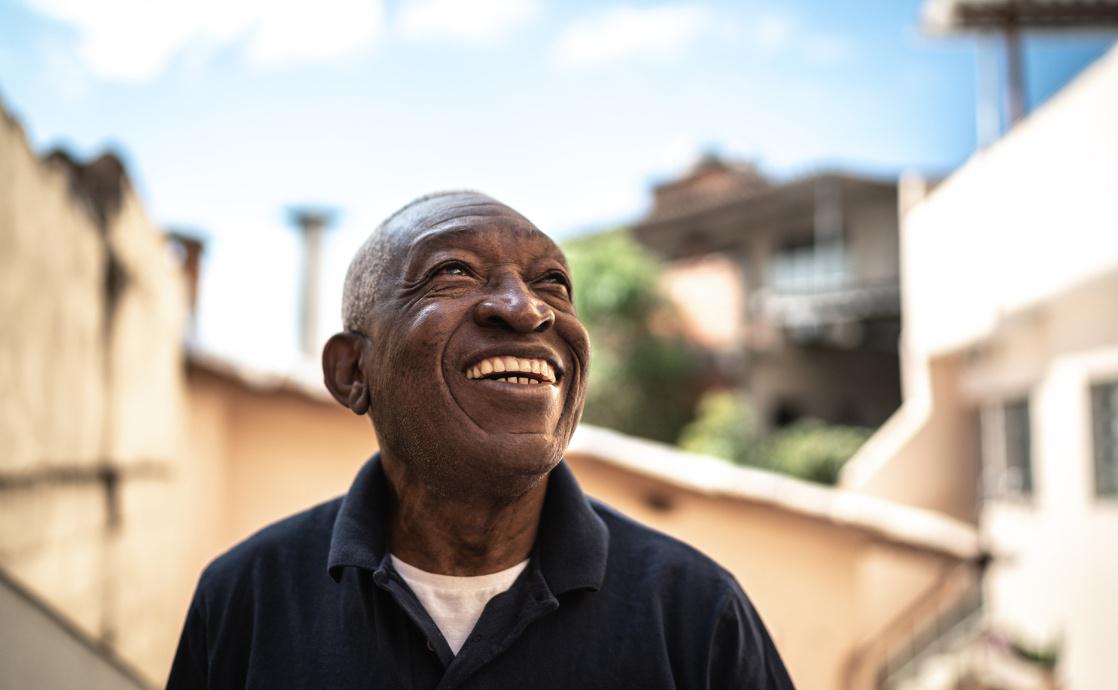The narrative of a family navigating the waters of spiritual transformation often unveils profound insights into human nature, belief systems, and the journey toward understanding. Within this context, the experience of a father embracing a new religion becomes a telling tale, illustrating the myriad effects this decision can have on familial relationships, community ties, and personal growth. For many, the introduction of Baha’i teachings into a previously established belief framework can evoke a potent mixture of emotions, curiosity, and sometimes bewilderment.
To fully grasp the tapestry of implications stemming from a father’s acceptance of Baha’i teachings, one must first delve into the core principles of the Baha’i Faith. Founded in the mid-19th century, Baha’i beliefs articulate a vision of unity, equality, and the fundamental oneness of humanity. This religion has emerged as a global narrative, embracing an array of principles that cut across cultural, racial, and religious boundaries. This framework acts as both a backdrop and a catalyst for transformation, prompting individuals and families to reconsider their established paradigms independently of the broader societal context.
The moment a father contemplates the adoption of a new faith, it signifies not merely a personal shift but a potential recalibration of the family dynamic. Children and spouses may initially react with skepticism or intrigue. The shift invites questions: What does this change signify? How does it affect our shared values? Such inquiries can serve as a vehicle for deeper dialogue, leading to a more meaningful exploration of spirituality as the family engages in discussions rooted in honesty, respect, and mutual understanding.
As the father embarks on his spiritual journey, the transformative potential of the Baha’i teachings becomes evident in various aspects of familial life. Central to the Baha’i Faith is the principle of the oneness of humanity. This belief inherently encourages the appreciation of diversity, allowing family members to rethink their entrenched assumptions about differences in culture, race, and faith. As a result, the family may become more inclusive, fostering an environment conducive to understanding and respect for various perspectives.
At the heart of the Baha’i teachings lies the concept of progressive revelation. This principle asserts that religious truth is not static but evolves over time through various manifestations of divine will. For the father, accepting this notion can inspire a radical shift in perspective, encouraging a more fluid understanding of faith. Instead of adhering rigidly to traditional dogmas, family discussions may transform into explorations of philosophical questions, pondering the nature of existence, purpose, and the essence of truth.
With the father as a potential beacon of this new understanding, family gatherings may evolve into platforms where curiosity is nurtured. Conversations that once revolved strictly around mundane topics may now delve into subjects that invigorate the soul. As children observe this shift, they might feel emboldened to ask questions, challenge assumptions, and explore their own beliefs. Such an environment fosters not only intellectual growth but emotional maturation, creating resilient individuals capable of articulating their perspectives while remaining open to others.
For many, the adoption of a new spiritual identity invites moments of conflict and discord. The father’s journey towards Baha’i teachings may face scrutiny from extended family members or friends who view this transition with skepticism. How does one reconcile long-held beliefs with the introduction of new paradigms? This tension offers an opportunity for practice in empathy, dialogue, and understanding. As the family navigates these complexities, they learn to engage compassionately, recognizing the variety of human experiences concerning faith.
Moreover, the Baha’i emphasis on service to humanity as a moral imperative further enriches the family’s transformative experience. Engaging in community service projects or initiatives that uphold social justice serves as an avenue for the family to manifest their evolving values. Such shared endeavors strengthen bonds and can elucidate the shared destiny of humanity, reinforcing the idea that spiritual progress is inextricably linked to social betterment. Activities grounded in altruism can serve as a pivotal point for reconnecting with the essence of their shared humanity, forging deeper connections among family members.
As curiosity burgeons within the family unit, the concept of the Baha’i calendar and its cyclical nature serves as an intriguing focal point for contemplation. Each Baha’i month serves not only as a marker of temporal passage but also as an emblem of spiritual reflection and personal growth. Family rituals could be established around significant dates, allowing for reflections on the teachings and their relevance to daily life. Such traditions enrich the family’s moral fabric, grounding them in shared beliefs and fostering a sense of belonging.
Ultimately, the narrative of a father embracing Baha’i teachings encompasses a plethora of themes, from unity and tolerance to exploration and growth. As the family traverses this unfamiliar terrain, they are invited to engage deeply with the values that promote harmony, affection, and understanding. The journey is not solely about adjusting to a new belief system; it is about rediscovering each other, renewing familial bonds, and cultivating a collective vision for a future steeped in compassion and mutual respect.
In conclusion, when a father accepts a new religion, particularly one as globally resonant as the Baha’i Faith, it serves as a catalyst for transformation that extends beyond personal belief. It prompts the entire family to engage in a thoughtful examination of their spiritual lives, opening doors to genuine curiosity and a shift in perspective. Ultimately, such a journey embodies the beautifully intricate interplay of faith, family, and the quest for understanding in an ever-evolving world.
